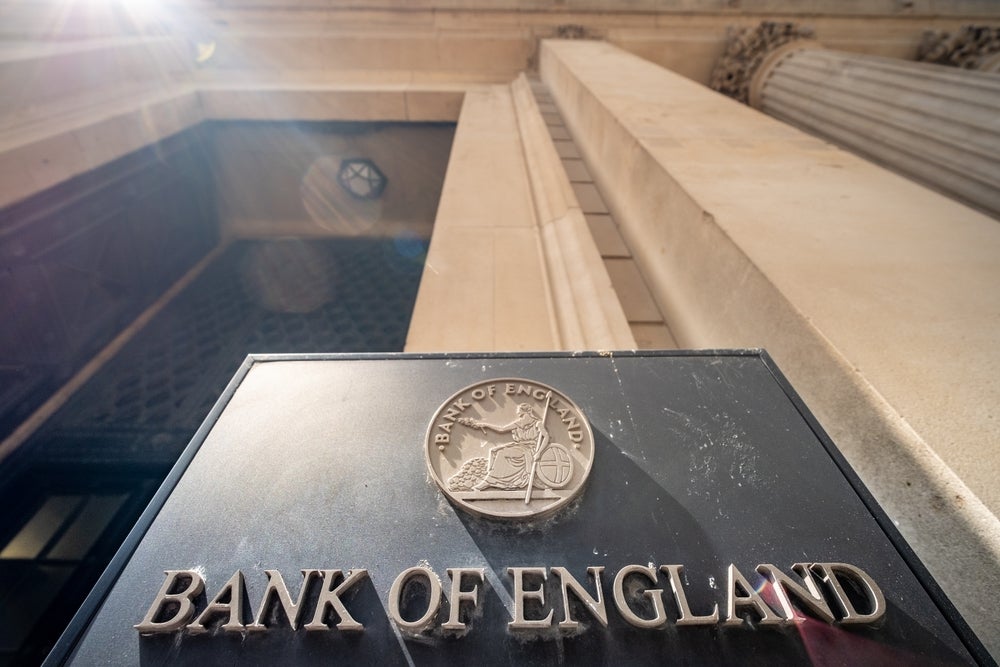
Latest ACCA and IMA Global Economic Conditions Survey (GECS) shows declining economic confidence for the second consecutive quarter.
Changes in economic confidence vary across the globe with a notable reduction in North America while, in contrast, confidence in Africa rose materially for the second successive quarter.
The survey from ACCA (the Association of Chartered Certified Accountants) and IMA (Institute of Management Accountants) – which was conducted prior to the outbreak of war in Israel and Gaza on 7 October – showed that while confidence did decline modestly it remains higher than a year earlier, and only slightly below its long-term average. ‘New Orders’, ‘Employment’ and ‘Capital Expenditure’ indices all saw modest declines but only the last is below its average.
The decline in confidence in the U.S. was not as marked as North America’s overall fall of almost 20 points. Elsewhere Asia Pacific saw a modest improvement – perhaps reflecting tentative signs that policy easing is leading to some improvement in the Chinese economy. Sentiment fell again in Western Europe and is down sharply in the last two quarters, likely reflecting the weakness in the euro area and UK economies. The fall in confidence in the Middle East was somewhat surprising given the sharp rise in oil prices in recent months.
Confidence in South Asia edged higher but is down sharply over the past year. This is surprising given the general resilience in the Indian economy, although Pakistan has experienced significant difficulties.
The GECS’s survey standard cross check on the economic outlook is the two ‘fear’ indices, which reflect respondents’ concerns that customers and/or suppliers may go out of business. Concerns about customers going out of business ticked up slightly, but fears about suppliers declined to the lowest since 2019. Neither series looks alarming by historical standards. Nevertheless, given that monetary policy tightening works with a lag, and government bond yields have risen sharply since the summer, it would be surprising if there isn’t some deterioration in these indices over the coming quarters.
How well do you really know your competitors?
Access the most comprehensive Company Profiles on the market, powered by GlobalData. Save hours of research. Gain competitive edge.

Thank you!
Your download email will arrive shortly
Not ready to buy yet? Download a free sample
We are confident about the unique quality of our Company Profiles. However, we want you to make the most beneficial decision for your business, so we offer a free sample that you can download by submitting the below form
By GlobalDataCommenting on this, ACCA chief economist, Jonathan Ashworth, said: “Overall the GECS survey remains consistent with some further loss in global economic momentum, although it does not suggest that a downturn is imminent. That said, the risks to global growth are heavily stacked to the downside. These risks include the lagged impact of past monetary tightening, soaring government bond yields, rising oil prices, the Chinese economy, and geopolitics. Accountants should advise their firms or clients to plan accordingly.
“One focus for accountants will be inflation. Concern about ‘increased costs’ edged back slightly again in the latest quarter. And although cost pressures seem to have peaked, they remain well above the average recorded over the survey’s history. This suggests that central banks could still have more tightening to do than markets currently expect. The sharp rise in oil prices over recent months will make their job even trickier.”
IMA senior director of research and thought leadership, Susie Duong, concluded: “The fall in confidence in North America of almost 20 points stands out. While the fall in the U.S. of nine points was not quite as marked, the Federal Reserve’s aggressive policy tightening clearly appears to be having an impact.”





